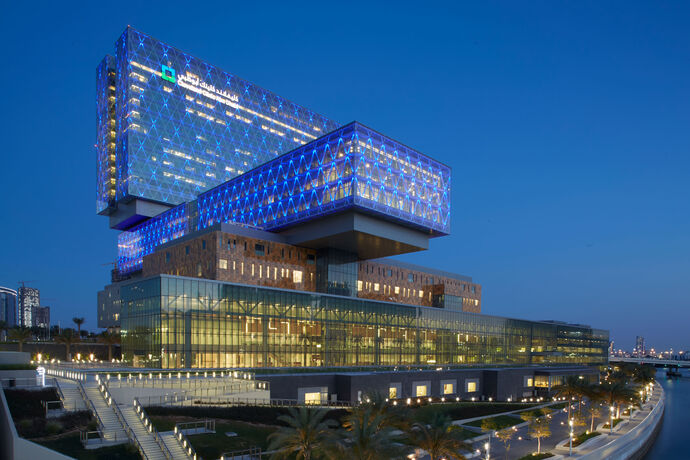
As the UAE and Gulf seek ways to attract and retain more talent, these countries need to undertake initiatives that help residents develop a better sense of safety and security. Mandatory health insurance and universal healthcare are the essential criteria of a developed nation – and the right thing to do.
UAE will be rolling out universal medical coverage in 2023, and this should be seen in the context of earlier reforms on long-term resident visas, including those for retirees.
In welfare states, such as most European countries, the cost of providing universal healthcare is taken care of by the government, and paid out from the tax revenues. The demographic combination in the GCC countries – where foreigners make up a large chunk of the population – and the absence of income tax makes the region different from Europe’s welfare states.
In 2013, Dubai passed a legislation making health insurance coverage compulsory for every resident in the emirate. To implement this, the government linked this with the issuance of employment and residence visas. However, this was limited to Dubai residents.
The UAE government’s latest decision to make health insurance mandatory for all residents in 2023 will go a long way in creating an eco-system for universal health coverage, which in turn will ensure a healthy population that will not only contribute to the economy better, but also strengthen the country’s reputation as an ideal place to live, work and do business.
Paying for the health cover
With this, the UAE has, once again, taken a leadership role in promoting health and well-being of its citizens and residents. One question remains: who pays for the health insurance. When Dubai launched the scheme in 2013, it made the employer or sponsor pay for the health insurance. This was seen an additional cost burden for the employer.
However, all companies have been bearing the cost and are by now accustomed to it. The same model could be replicated across the country.
Or, a provision could also be made for the cost to be shared by and between the insured and the sponsor or employer – in special cases. This flexibility could help ensure universal health coverage for all.
The UAE recently initiated the Retirement Visa scheme so that people can live in the country even after the end of their careers. This doesn’t require a typical sponsor or employer. Retired residents over the age of 55 can apply for a long-term visa of 5 years.
An incentive for retirees
Mandatory health insurance could help retirees to live in the UAE with added security. The UAE has taken the lead to offer longer-term stay to foreigners by introducing the 10-year Golden Visa scheme, mandatory health insurance as well as the unemployment insurance that, in addition to the end-of-service gratuity, will go a long way in extending the social safety net, especially for expat professionals.
As the UAE progresses to be a developed economy, it also needs to introduce social and economic reforms to benefit employees and professionals living and working in the UAE – the same way a person benefits from universal healthcare in the West.
Although the UAE’s recent investment, business, immigration and labour market reforms are attracting more professionals, investors and entrepreneurs, the introduction of more reforms will help to retain people for longer. With the mandatory health insurance, the UAE is heading in that direction.
………………
AUTHOR: Leena Parwani – CEO of LPH Financial Services




